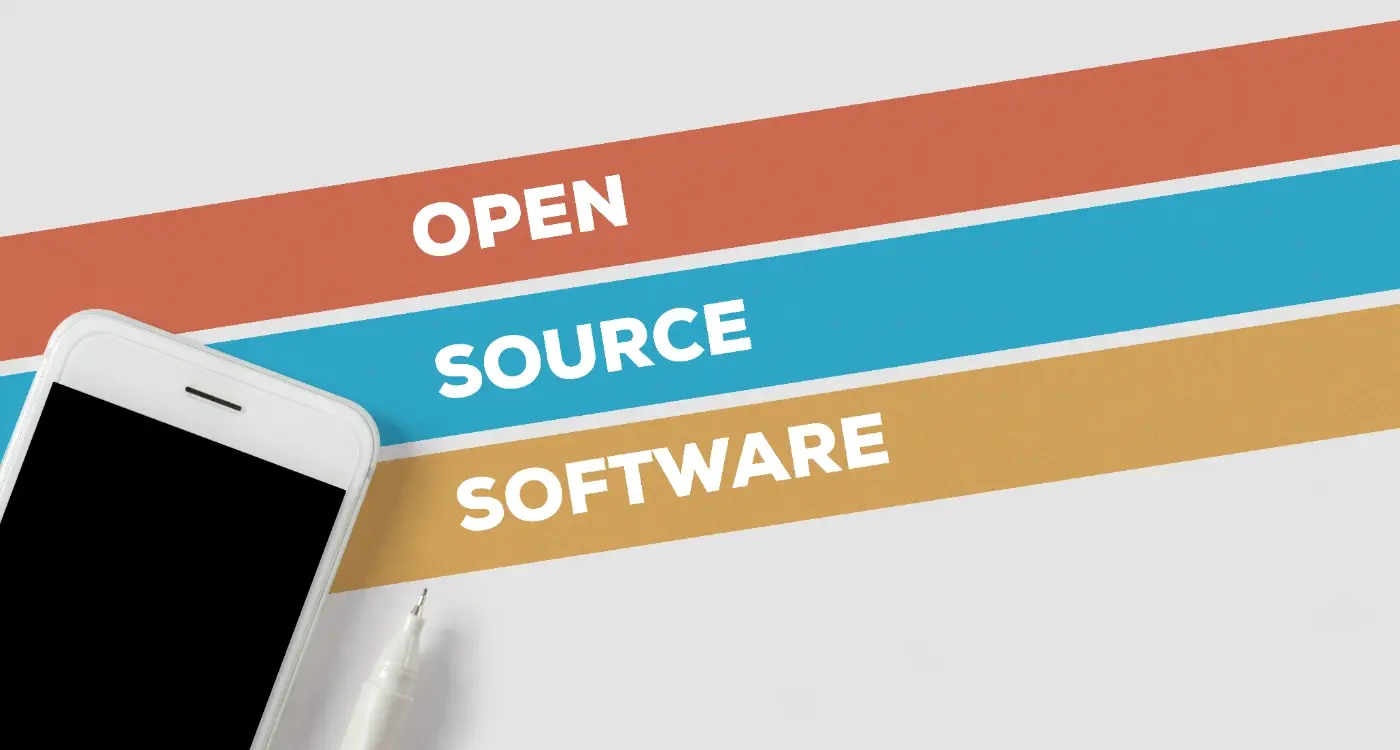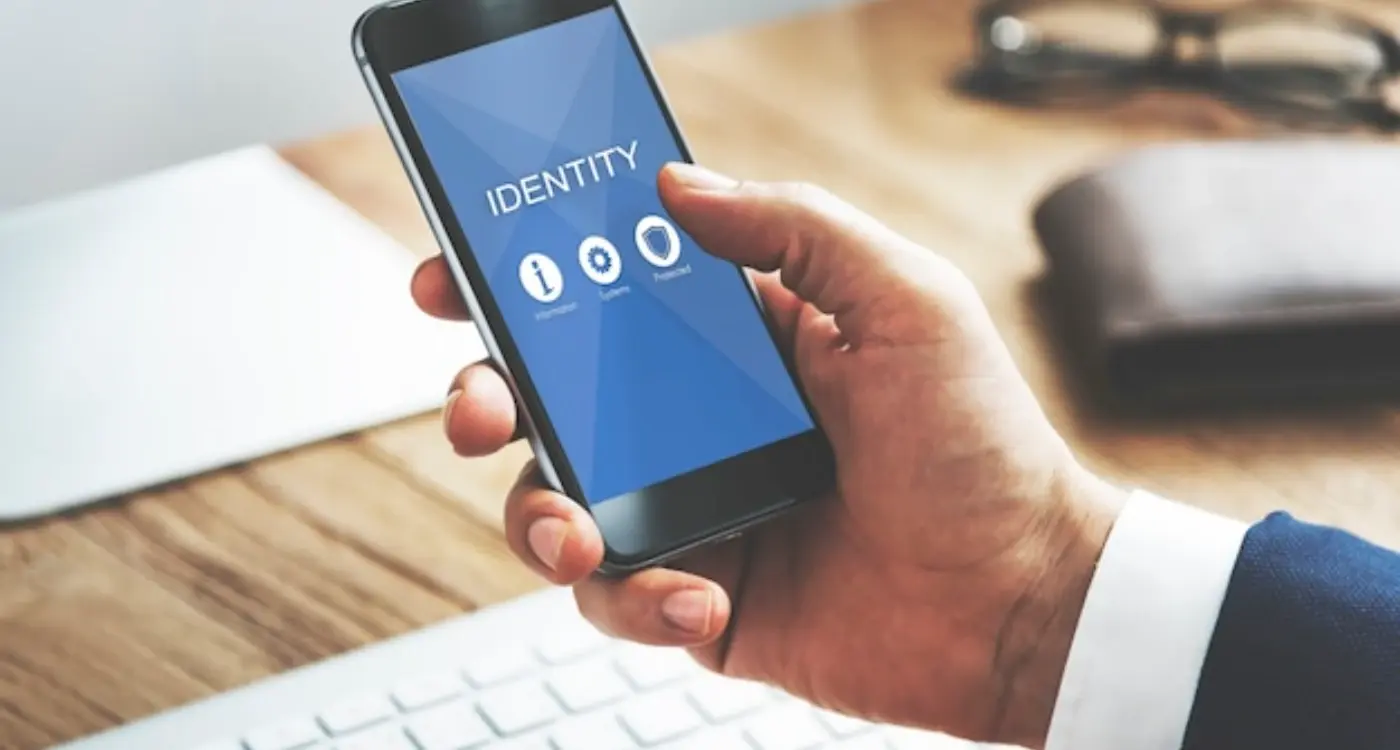Can My App's Terms Of Service Actually Protect Me From Lawsuits?
Every day, thousands of mobile app developers hit 'publish' believing their terms of service will shield them from legal trouble. Most are wrong. After building apps for everyone from tech startups to major brands, I've watched countless developers learn this lesson the hard way—sometimes costing them their entire business.
The truth is that terms of service aren't magical legal shields. They're tools that can provide some protection, but only when crafted correctly and used as part of a broader legal strategy. Think of them as one piece of armour in a full suit, not a bulletproof vest that covers everything.
Terms of service are like seat belts—they won't prevent every accident, but they can significantly reduce the damage when things go wrong
This guide will show you exactly what your mobile app's terms of service can and cannot do for liability limitation. We'll explore which clauses actually provide legal protection, when they'll fail you completely, and how to build a comprehensive defence strategy that goes beyond just terms and conditions. By the end, you'll understand how to use these legal documents properly—not as false security, but as genuine protection for your app business.
What Are Terms of Service and Why Do Apps Need Them
Terms of Service are the legal rules that users must agree to before using your app—think of them as the contract between you and your users. They're those lengthy documents that pop up during app installation that most people scroll through quickly and tap "I agree" without reading. But here's the thing: even though users don't read them, these terms are working hard behind the scenes to protect your business.
Every app needs Terms of Service because they set the ground rules for how your app can be used. Without them, you're basically inviting users into your digital space with no house rules whatsoever. They tell users what they can and can't do with your app, what happens if something goes wrong, and how disputes will be handled.
The Business Protection Angle
From a business perspective, Terms of Service act like a shield against various legal headaches. They limit your liability when things go wrong, protect your intellectual property, and give you the right to remove problematic users. They also establish which country's laws apply to your app—pretty important when you've got users scattered across the globe.
I've seen too many app developers launch without proper terms, thinking they'll sort it out later. That's like building a house without foundations; it might stand for a while, but you're asking for trouble down the line.
Understanding Legal Protection Versus Complete Immunity
Right, let's get one thing straight from the start—your mobile app's terms of service won't make you bulletproof. I've had countless clients over the years who thought their terms of service were like some magical legal shield that would protect them from any lawsuit. That's not how it works, and thinking that way will get you into trouble.
What terms of service actually do is provide legal protection in specific situations. They're more like a safety net than a fortress wall. When someone agrees to your terms, they're entering into a contract with you, and that contract can limit your liability in certain circumstances. For example, if your fitness app crashes during someone's workout, well-written terms might protect you from being sued for their "ruined" exercise session.
But here's where it gets tricky—there are limits to what terms of service can protect you from. You can't write a clause that says "we're not responsible for anything ever" and expect it to hold up in court. Courts will throw out terms that are unfair or try to exclude liability for serious issues like personal injury or data breaches caused by negligence.
Your terms of service should focus on reasonable liability limitation rather than trying to eliminate all responsibility—courts are more likely to enforce balanced terms that protect both you and your users.
The key is understanding that legal protection and complete immunity are two very different things. Good terms of service help manage risk and provide some protection, but they're just one part of a broader legal strategy for your mobile app.
Key Clauses That Actually Provide Protection
After years of working with app developers and their legal teams, I've seen which clauses actually hold water when push comes to shove. Not all terms of service are created equal—some are genuinely protective whilst others are just legal window dressing that won't help you when it matters most.
Limitation of Liability Clauses
This is your financial safety net. A well-written limitation of liability clause caps how much money you could be forced to pay if something goes wrong. Most courts will uphold these clauses as long as they're reasonable and clearly written. You can't completely eliminate liability for everything (that would be unfair), but you can limit damages to something like the amount the user paid for your app or service in the past twelve months.
Indemnification Clauses
These clauses shift responsibility back to users when they misuse your app. If someone uses your fitness app to give medical advice and gets sued, a solid indemnification clause means they can't drag you into their legal mess. The user agrees to cover your legal costs if their actions cause problems—it's particularly useful for apps where users generate content or interact with others.
Both clauses need to be written clearly and prominently displayed. Courts won't enforce protection that users couldn't reasonably understand or find.
When Terms of Service Won't Save You From Lawsuits
I've seen plenty of app developers who think their terms of service are like a magical shield—write them once and you're protected forever. Unfortunately, that's not how the legal world works. There are several situations where your mobile app's terms of service simply won't protect you from lawsuits, no matter how well-written they are.
Criminal Activity and Negligence
If your app causes harm through criminal behaviour or gross negligence, no terms of service will save you. Courts don't allow companies to write themselves out of responsibility for serious wrongdoing. For example, if your app's security is so poor that it practically invites hackers to steal user data, you can't hide behind liability limitation clauses.
Terms of service cannot override fundamental legal principles or absolve developers of criminal liability
Regulatory Violations
Industry regulations—like data protection laws or financial service requirements—cannot be waived by terms of service. If your app violates these regulations, you'll face legal consequences regardless of what your terms say. This is why building proper legal protection into your mobile app requires much more than just good terms of service; it needs comprehensive compliance planning from the start.
Common Mistakes That Weaken Your Legal Protection
I've reviewed countless terms of service documents over the years, and honestly, some of them make me cringe. The most common mistake I see is using generic templates downloaded from the internet without any customisation. Your app isn't generic—why should your legal protection be?
Another big problem is unclear language that tries to sound too legal. If your users can't understand what they're agreeing to, a court might decide the terms aren't enforceable. Write in plain English; save the Latin phrases for law school.
Updating Terms Without Proper Notice
Many app owners update their terms of service but forget to notify users properly. You can't just change the rules overnight and expect them to stick. Users need reasonable notice—typically 30 days—and you need to make it clear what's changed.
Forgetting About Different Jurisdictions
If your app operates in multiple countries, you can't ignore local laws. What works in the UK might not fly in Germany or Australia. Each region has different requirements for data protection, consumer rights, and contract law.
The biggest mistake though? Assuming your terms of service will solve every legal problem. They won't—they're just one part of your legal strategy, not a magic shield that makes you untouchable.
Making Your Terms of Service Legally Enforceable
Writing good terms of service is one thing—making them stick in court is another entirely. I've watched countless app developers pour hours into crafting perfect legal language, only to discover their terms wouldn't hold up when they actually needed protection. The harsh reality? Courts don't automatically enforce every clause just because you wrote it down.
The most basic requirement is getting users to actually agree to your terms. This means no sneaky pre-ticked boxes or terms buried in tiny text at the bottom of registration forms. Users need to actively click "I agree" or tap a clear acceptance button. Courts have thrown out cases where this wasn't done properly—and frankly, they're right to do so.
Making Your Terms User-Friendly
Your terms need to be written in plain English that ordinary people can understand. Legal jargon might sound impressive, but judges prefer clarity over complexity. If your users can't reasonably understand what they're agreeing to, courts won't enforce those terms against them.
Always make your terms easily accessible within your mobile app through a prominent link in your menu or settings page—courts expect users to be able to find and review terms after downloading.
Regular Updates and Notifications
When you update your terms, you must notify users properly. Simply changing the text without telling anyone won't provide legal protection. Send push notifications or email alerts when significant changes occur, giving users time to review before the new terms take effect.
Building a Comprehensive Legal Strategy Beyond Terms of Service
Your terms of service are just one piece of a much larger legal puzzle—think of them as your first line of defence, not your only weapon. I've worked with app developers who thought their ToS would handle everything, only to discover they needed much more comprehensive protection when things went wrong.
Privacy Policies and Data Protection
Every app that collects user data needs a proper privacy policy. This isn't optional anymore; it's required by law in most countries. Your privacy policy should clearly explain what data you collect, how you use it, and who you share it with. Make sure it covers everything from email addresses to device information—users have the right to know what's happening with their personal details.
Understanding the difference between terms of service and privacy policy is crucial for building comprehensive legal protection. While both documents are essential, they serve different purposes and complement each other in your legal framework.
Legal Documentation You Actually Need
Beyond terms of service, you'll need several other legal documents. A cookie policy if your app uses cookies, age verification systems if you have minimum age requirements, and clear data deletion procedures for users who want their information removed. Don't forget about intellectual property protection either—trademark your app name and logo, and consider filing patents for unique features.
Working with a lawyer who specialises in app development is money well spent. They can help you create a complete legal framework that protects your business properly, not just tick boxes on a compliance checklist.
Conclusion
After building mobile apps for over eight years, I've learned that terms of service are a bit like wearing a seatbelt—they won't prevent every accident, but they'll definitely help protect you when things go wrong. Your app's terms of service can provide meaningful legal protection, but they're not a magic shield that makes you completely lawsuit-proof.
The reality is that well-crafted terms can limit your liability, establish clear user expectations, and give you solid ground to stand on if disputes arise. But they only work if they're properly written, legally enforceable, and cover the right areas. Skip the generic templates you find online—they're usually rubbish and won't protect your specific mobile app.
What matters most is building a comprehensive legal strategy that goes beyond just terms of service. This means having proper privacy policies, data protection measures, and business insurance. It also means following platform guidelines and keeping your app updated with security patches.
My advice? Don't let legal concerns paralyse you, but don't ignore them either. Get proper legal advice early, implement strong terms of service, and focus on building an app that provides genuine value to users. When you do things right, legal protection becomes much easier to achieve.
Share this
Subscribe To Our Learning Centre
You May Also Like
These Related Guides

What Open Source Licences Can Break Your App Launch?

Can My Terms of Service Protect Me From Being Sued?



